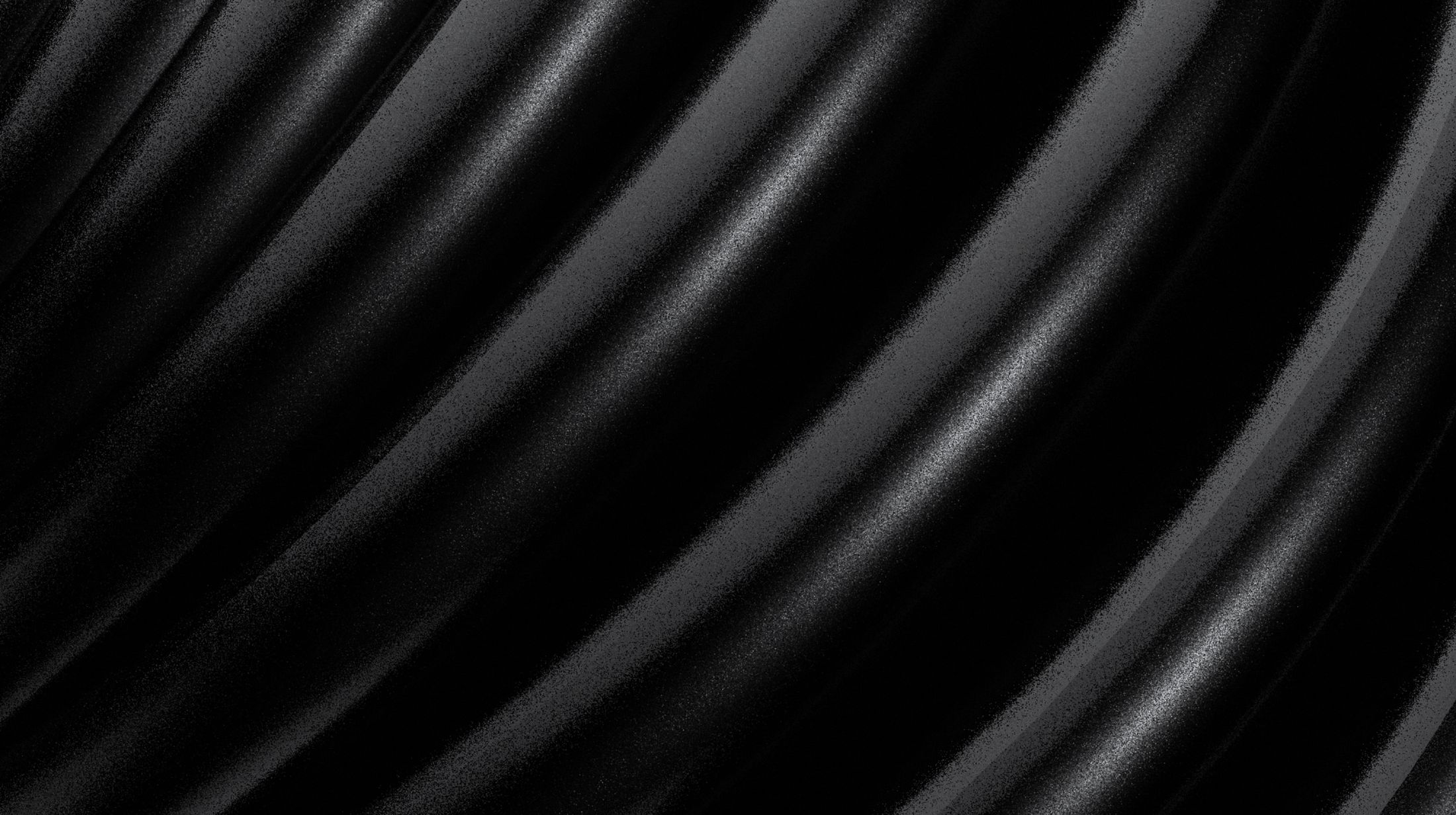
Most of us know that you shouldn’t use a bar of body soap on your face, and that applying precious eye creams on your elbows or knees would be a waste—but do you ever wonder why?
Although all skin works hard to protect us from our environment and allow us to move safely, the skin on your face and the skin on the rest of your body have some unique differences that dictate their needs when it comes to care.
Cell Turnover Rate
Facial skin typically has a cell turnover rate of around 30 days, which increases as you age. When it comes to the skin on your body, it’s naturally slower. This means dead skin cells can linger on the skin of your body, creating a dull, dry look. Avoid this by regularly exfoliating, moisturizing, and taking care of your whole body’s skin.
[Related: How to Take Care of Your Skin Post-Facial]
Thickness
The skin on your body tends to be a lot thicker than the skin around your face. In fact, the closest skin to the delicate skin on your face is in the area around your chest and neck, referred to as the decollete. This is why you are able to use heavier, thicker creams and lotions on your body without worrying about clogging your pores.
Dryness
Because the skin on your body is thicker than your facial skin and has a slower cell turnover rate, it also means that body skin tends to be dryer. Remember to provide extra moisturizing care in the form of lotions and creams to areas of skin that experience extra dryness, such as your heels, elbows, and knees.
[Related: How to Choose the Perfect Day Spa Services]
Number of Oil Glands
Another reason why body skin tends to dry out more quickly than the skin on our face is that it has a lower number of oil (sebaceous) glands. The area of our body with the most oil glands is our T-zone; the area around our foreheads, the bridge of our nose, and our chin.
Number of Hair Follicles
One obvious difference between facial and body skin is the number of hair follicles. The skin on your body might be covered in more hair than your face, but the amount of hair follicles per square inch is a lot more concentrated on your facial skin. If you’re a person with facial hair, make sure you take proper skin care steps to ensure the skin underneath is healthy.
[Related: The Best Facial Care Regimen for Beautiful Skin]
Sensitivity
Skin on the body is for the most part not as sensitive as facial skin. The delicate nature of facial skin requires gentle, non-comedogenic products, while you are able to use heavier products and ones with more active ingredients on the rest of your body.
UV-Protection
Because the skin on our body is thicker, and is oftentimes more covered up than the skin on the face, it has better protection against UV rays. Take care to apply sunscreen to any exposed part of your body when you go outside, especially the skin on your face. Because of its sensitivity and thinness, facial skin is quick to show signs of aging and wrinkles as a result of too much sun exposure.
[Related: Best Facial Treatments for Aging Skin]
Contact Athré Facial Plastics
At Athré Facial Plastics we believe in taking care of your skin, from head to toe. Check out our luxurious skin care services at our Houston med spa, including soothing, deep-cleansing face and back facials. Contact us today for more details!
Featured image via Pexels



